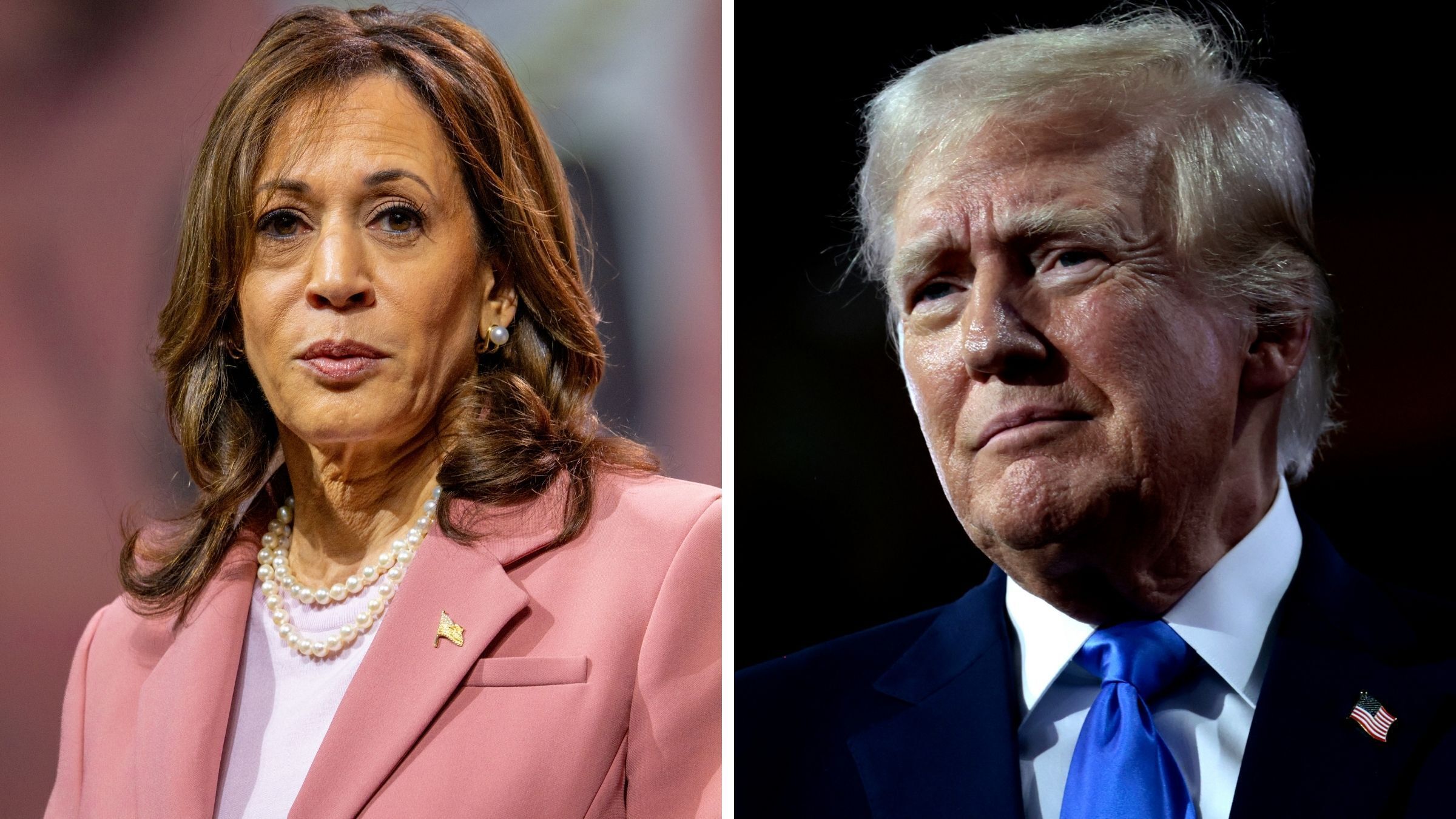Three months remain until the US elections when the name of the 47th president will be revealed. Will the Republican candidate, former President Donald Trump, supported by far-right forces in both the West and East, reclaim the presidency? Or will Kamala Harris make history as the first woman (and woman of colour) to achieve the highest and most powerful office in the country, as defined by the US Constitution?
In light of developments in Syria and the serious threats to the Assad family’s rule—despite substantial military support from Iran and its affiliates, particularly Hezbollah and the Iraqi Popular Mobilization Forces—there has been a tacit agreement among Iran, Russia, and the United States. This agreement allowed Russian forces to enter Syria to prevent the fall of the Assad regime while ensuring Israel that Syria would not become a staging ground for hostile actions against it. This understanding persists despite the Russian invasion of Ukraine and the consequent Western commitment to support Ukraine and prepare for future threats to Europe.
Russia has maintained an undeclared commitment to Israel, refraining from intervening, either diplomatically or militarily, in Israeli airstrikes targeting Iranian positions in Syria. These strikes aim to preempt any future threats to Israel from Syrian territory. Observers of foreign military movements in Syria can discern the agreed-upon boundaries of influence among the involved parties, with occasional displays of power serving as reminders of each party’s presence and potential future roles.
The United States holds a clear advantage due to its strategic leverage, compelling international, regional, and local actors to align their actions with American interests, regardless of public rhetoric. Consequently, the US elections are closely watched by Syrians, as the results will shape their future and the fate of their country, especially given the lack of a unified national leadership prioritizing the Syrian people’s needs.
If Trump wins, US interest in Syria may wane, leaving the Syrian issue to Israeli-Russian agreements, while considering US interests in Iraq and the region, and curbing Iranian influence to align with US and Western interests in Lebanon. Conversely, if the Democrats win under Harris, who enjoys significant support within the Democratic Party, the US is expected to continue its pragmatic approach to Syria. This includes tacit acceptance of Arab and European normalization with the Assad regime, in exchange for Assad’s adherence to US-Russian-Israeli agreements concerning Syria and regional dynamics. Such policies would align with broader US-Iranian understandings of key regional issues, despite often conflicting public statements.
Ultimately, these projections remain speculative, contingent on rapidly changing variables, especially in the context of the Israeli-Gaza conflict and its broader implications for regional alignments and strategies.
This article was translated and edited by The Syrian Observer. The Syrian Observer has not verified the content of this story. Responsibility for the information and views set out in this article lies entirely with the author.


